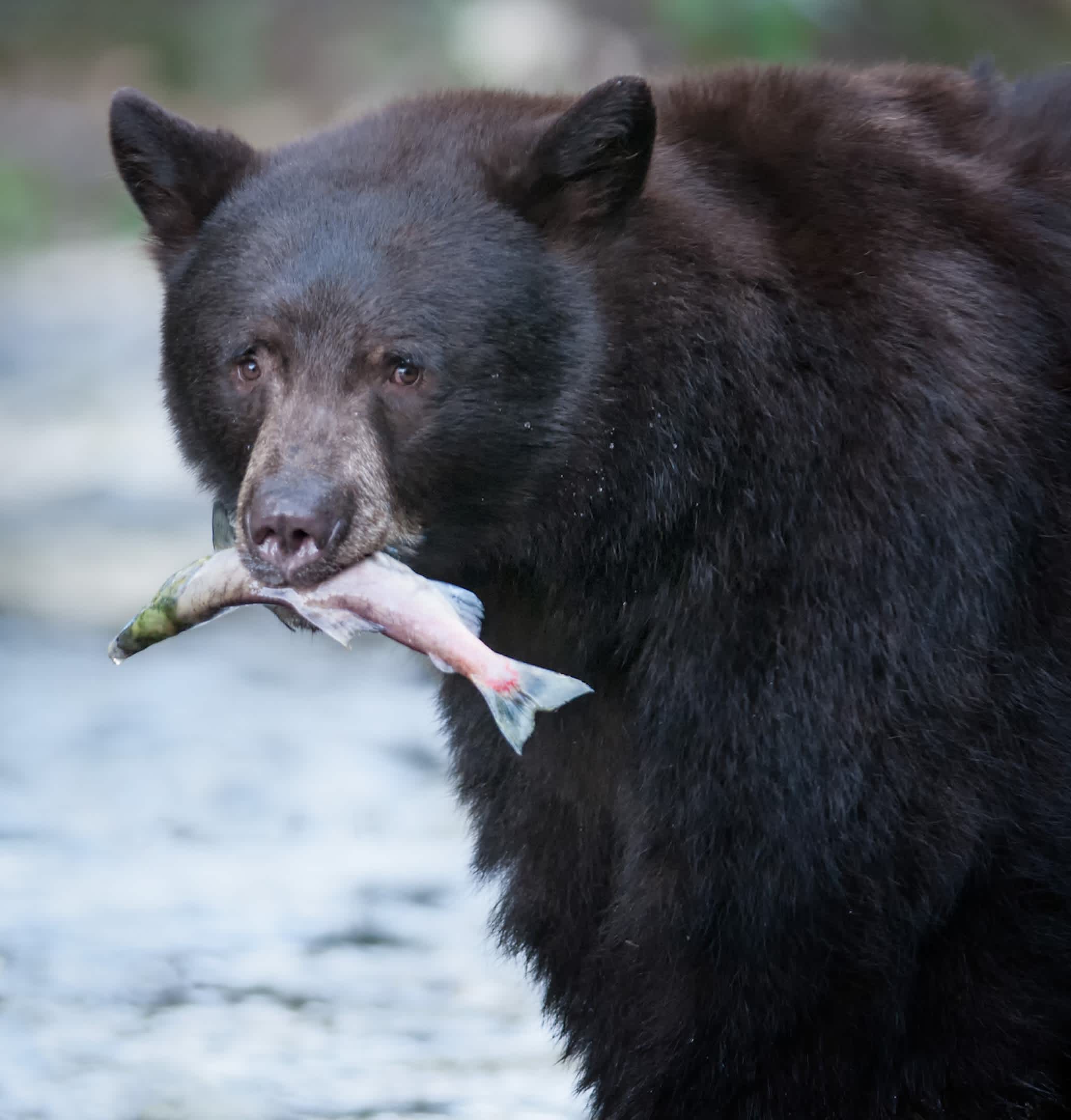Tips for Bear Proofing Your Campsite
OutdoorHub Reporters 05.14.12

Spring is the time of year when black bears emerge from their winter dens in search of lush, green vegetation. As the grasses die in late spring, bears become attracted to bugs, berries, salmon and nearly anything edible or smelly. Their quest for food takes up nearly every waking hour.
“People are the root of the problem and it’s their behavior that we need to change,” said Marc Kenyon, California DFG’s Bear Program Manager. “By taking just a few precautions to secure food and trash, area visitors and residents can save themselves thousands of dollars in property damage, can help protect their families from injury and can save the lives of bears. Bears that become habituated to humans or conditioned to eating our food and trash often have to be killed.”
Tips for Bear proofing Your Campsite:
No one wants to worry about housekeeping when on a camping trip, but keeping a clean campsite is the responsible and safe thing to do when visiting black bear country. Here are a few tips for bear proofing your campsite:
- Use bear-proof garbage cans whenever possible or store your garbage in a secure location with your food.
- Store food (including pet food) and toiletries in bear-proof containers or in an airtight container in the trunk of your vehicle.
- Clean dishes and store food and garbage immediately after meals.
- Clean the barbecue grill after each use.
- Never keep food or toiletries in your tent.
Tips for Bear proofing Your Home, Rental or Timeshare:
Bears have keen noses and can smell an easy meal from miles away. They can easily tear a front door off its hinges if they smell fried chicken left out on the kitchen counter or bacon grease splattered on a stove. To protect your family and property from bear break-ins follow these simple tips:
- Purchase and properly use a bear-proof garbage container.
- Wait to put trash out until the morning of collection day.
- Don’t leave trash, groceries, or animal feed in your car.
- Keep garbage cans clean and deodorize them with bleach or ammonia.
- Keep barbecue grills clean and stored in a garage or shed when not in use.
- Only provide bird feeders during November through March and make them inaccessible to bears.
- Don’t leave any scented products outside, even non-food items such as suntan lotion, insect repellent, soap or candles.
- Keep doors and windows closed and locked.
- Consider installing motion-detector alarms, electric fencing or motion-activated sprinklers.
- Harvest fruit off trees as soon as it is ripe, and promptly collect fruit that falls.
- Securely block access to potential hibernation sites such as crawl spaces under decks and buildings.
Facts about Black Bears:
- Black bears range in color from blonde to black, with cinnamon brown being the most common color.
- Black bears will seek to avoid confrontation with humans. If encountered, always leave them an escape route.
- Males are much larger than females and can weigh over 500 pounds, although average weight is about 300 pounds.
- Black bears can sprint up to 35 mph and they are strong swimmers and great tree climbers.
- A typical wild bear diet consists of berries, plants, nuts, roots, honey, honeycomb, insects, larvae, carrion and small mammals.
- As winter approaches, bears will forage for food up to 20 hours a day, storing enough fat to sustain them through hibernation. Bears often hibernate in large hollow trees 40 to 60 feet off the ground.
- Bears that are accustomed to people can become too bold and lose their fear of humans.

